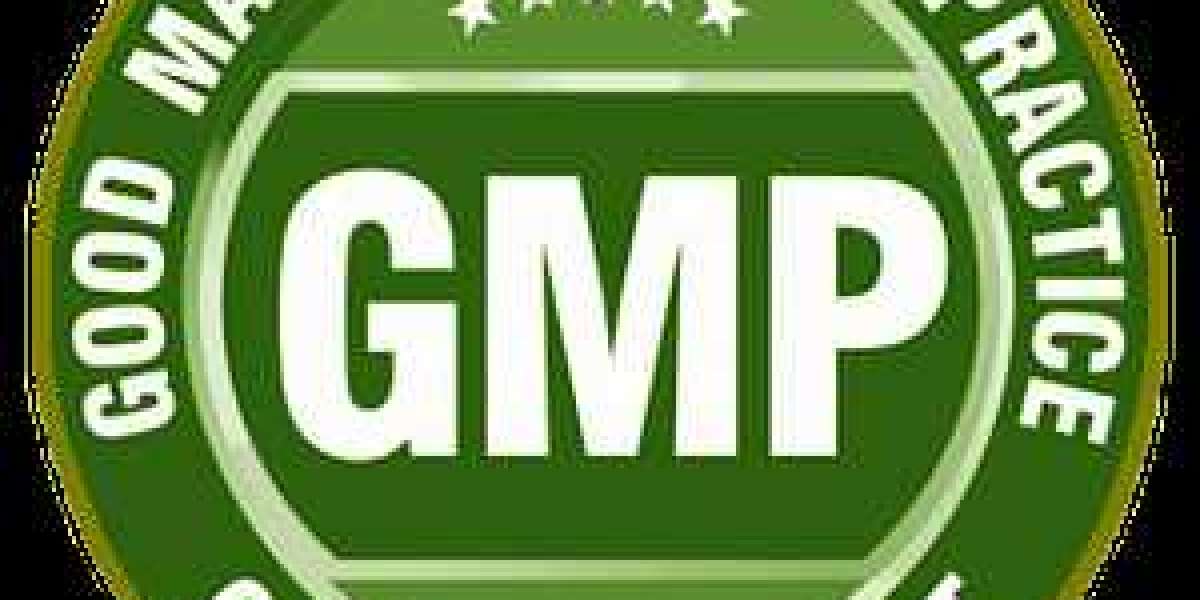Good Manufacturing Practices (GMP) training is an integral aspect of ensuring the production of safe, high-quality products in various industries, ranging from pharmaceuticals to food and cosmetics. GMP guidelines are a set of regulations and standards designed to maintain consistency, safety, and efficacy throughout the manufacturing process. Implementing GMP training not only ensures compliance with regulatory requirements but also contributes to the overall success and reputation of a company.
One of the primary objectives of GMP training is to educate personnel on the importance of adherence to quality standards at every stage of production. Employees learn about hygiene practices, documentation requirements, and the significance of maintaining a clean and controlled environment. This training is crucial in preventing contamination, cross-contamination, and ensuring the consistency of product quality.
GMP training also emphasizes the importance of documentation and record-keeping. Accurate and detailed documentation is a fundamental aspect of GMP, as it provides a traceable history of the manufacturing process. This documentation not only aids in regulatory compliance but also facilitates investigations and quality control measures. Employees are trained to record critical data, deviations, and any changes made during the manufacturing process to maintain transparency and accountability.
Furthermore, GMP training plays a vital role in fostering a culture of continuous improvement within an organization. Employees are encouraged to identify and report deviations or potential issues promptly. This proactive approach allows companies to address problems in real-time, preventing the production of defective products and minimizing the risk of recalls. By instilling a commitment to quality, GMP training contributes to the long-term success and sustainability of the business.
In addition to regulatory compliance and quality assurance, GMP training also focuses on risk management. Employees learn to identify potential risks and implement preventive measures to mitigate them. This proactive approach enhances the safety of products and ensures that they meet the required specifications.
In conclusion, GMP training is a cornerstone for any organization committed to producing high-quality, safe products. By educating employees on hygiene, documentation, and risk management, companies can ensure compliance with regulatory standards and build a culture of quality within the workplace. GMP training is not just a regulatory requirement; it is an investment in the reputation, success, and longevity of a business. As industries evolve, GMP training remains a critical component in adapting to changing regulations and maintaining a competitive edge in the market.







